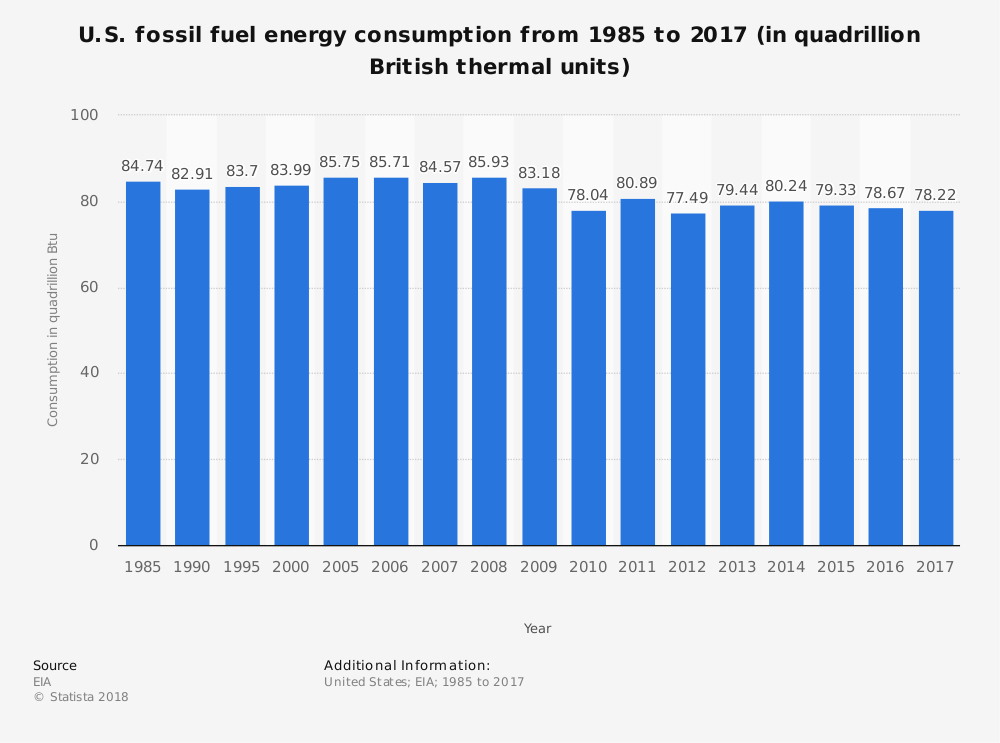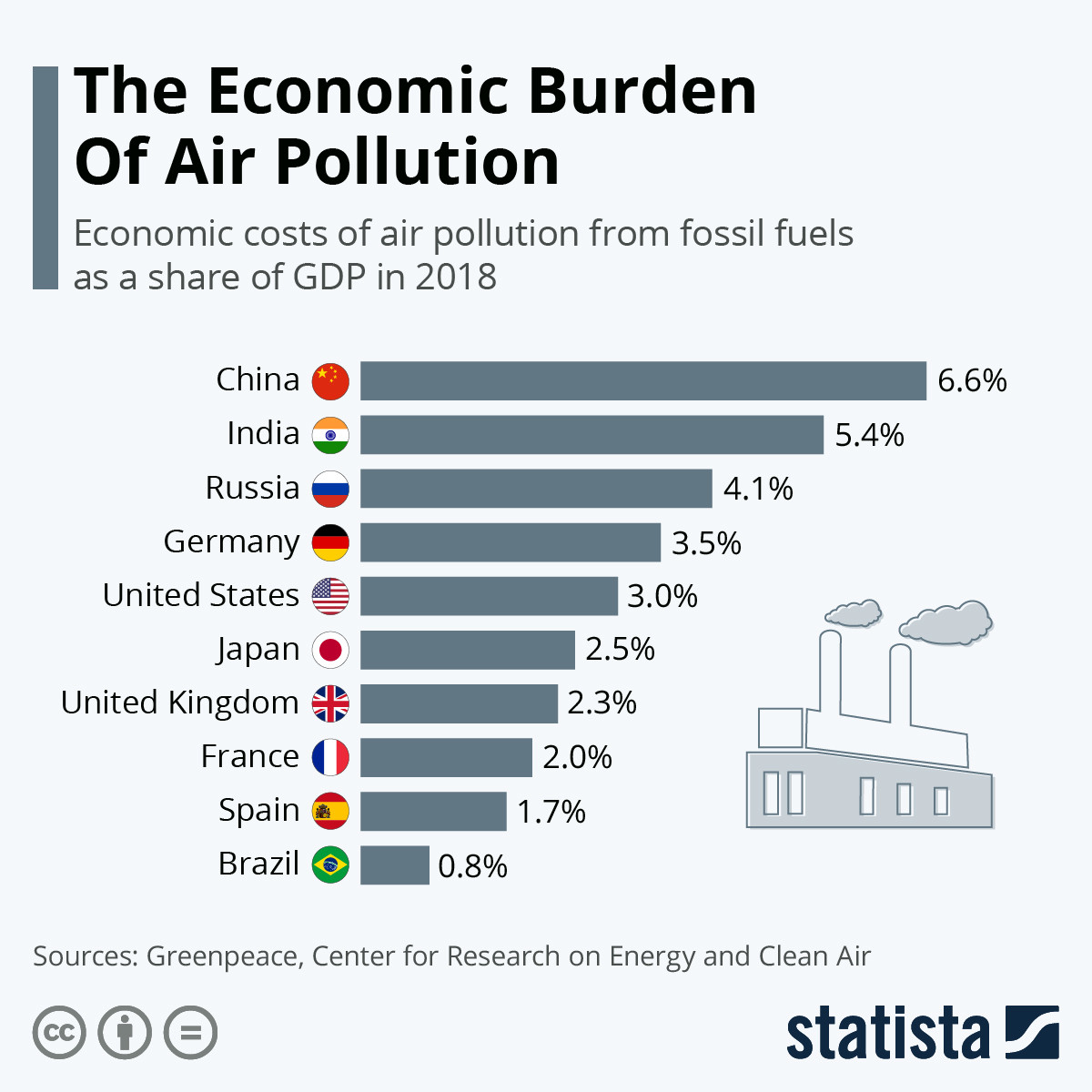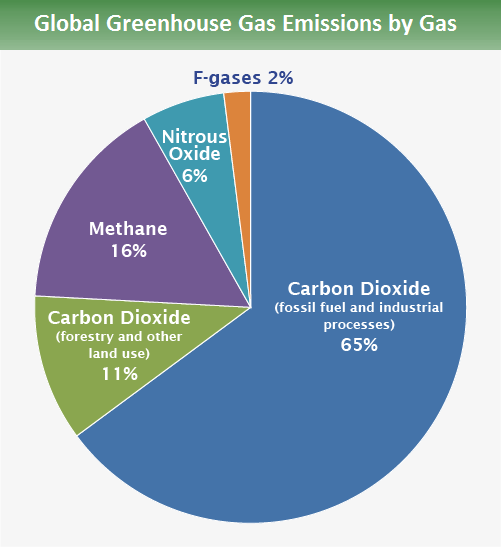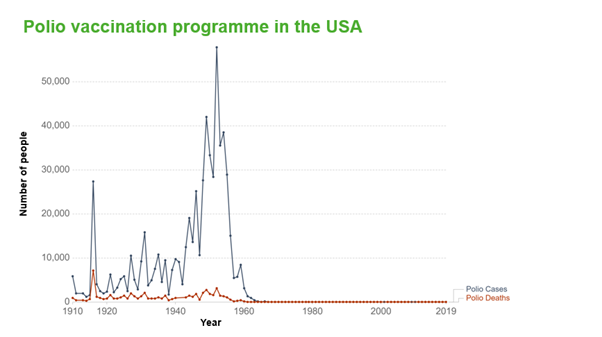Energy means life fossil fuel use continues to surge and the world s
Table of Contents
Table of Contents
Fossil Fuel Pollution Statistics: A Look at the Numbers
It’s no secret that fossil fuels have played a significant role in powering our world for decades. However, this convenience has come at a cost, and it’s one that we’re still paying. Each year, pollution from fossil fuels contributes to a range of issues, from rising temperatures and air quality concerns to more severe natural disasters. The impact of this pollution is widespread and has a ripple effect throughout our global economy, leading many to wonder just how much damage has been done.
From environmental damage to public health concerns, the impacts of fossil fuel pollution are many. For example, According to the EPA, the United States was responsible for over 15% of global greenhouse gas emissions in 2019. These emissions come from a variety of sources, including power plants, transportation, and industrial processes. While it’s easy to think of these numbers as just statistics, the truth is that they represent real people and the devastating effects that pollution can have on their lives and communities.
The target of Fossil Fuel Pollution Statistics is to raise awareness about the impact of fossil fuels on our environment and identify ways to reduce emissions. While it’s not an easy goal to achieve, there are steps we can take to work toward a more sustainable future.
Fossil fuel pollution statistics can be overwhelming, but by breaking them down into pieces, we can start to get a better understanding of the problem. Burning fossil fuels is a major contributor to air pollution, with over 90% of people breathing unhealthy air. This pollution can lead to respiratory issues, heart disease, and even premature death. Furthermore, fossil fuels release over 35 billion tons of CO2 into the atmosphere each year, contributing to rising temperatures and severe weather patterns.
The Economic Impact of Fossil Fuel Pollution
When it comes to the economy, the cost of fossil fuel pollution is significant. Beyond the human impact of poor air and water quality, pollution can have a tangible effect on economic growth. According to a report by the World Economic Forum, air pollution costs the global economy an estimated $225 billion each year in lost productivity. This loss is due to factors such as sick leave, premature deaths, and healthcare costs. Additionally, the reliance on fossil fuels can create economic instability due to price volatility and the thin margin for error in the supply chain.
The Impact on Wildlife
The impacts of fossil fuels are not limited to human health and the economy. The natural world is also vulnerable to pollution from burning fossil fuels. As temperatures rise, many animal species’ habitats are changing and even disappearing, leading to a decline in biodiversity. Additionally, water pollution from oil spills can harm aquatic wildlife, and pipelines can disrupt ecosystems and habitats. The impact of fossil fuel pollution on wildlife is extensive and long-term, with ramifications that stretch far beyond our understanding.
The Need to Move Toward Alternative Energy
To combat the effects of fossil fuel pollution, we must make the switch to alternative energy sources. These sources, such as wind and solar power, have come a long way in recent years and are now more accessible and cost-effective than ever before. By investing in renewables and making changes to our daily practices, we can work to reduce emissions and mitigate the impact of pollution on our environment.
Policy Changes That Can Make a Difference
Change on a large scale must come from the top down, and policymakers play a crucial role in driving that change. Governments can incentivize renewable energy use, regulate pollution, and encourage sustainable practices in the business and industrial sectors. Additionally, individual consumers and companies can take small steps to reduce energy consumption and lessen their reliance on fossil fuels. Together, these changes can make a significant impact in the fight against fossil fuel pollution.
Question and Answer
Q: What are some of the main sources of fossil fuel pollution?
A: The most significant sources of fossil fuel pollution include transportation (cars, trucks, and planes), power plants, industrial processes (such as cement production), and heating and cooling buildings.
Q: What are some alternative energy sources that can help reduce fossil fuel pollution?
A: Renewable energy sources like solar, wind, and hydropower can all help reduce fossil fuel pollution. Bioenergy and geothermal energy are also viable options.
Q: How can individuals reduce their reliance on fossil fuels?
A: Simple steps like turning off lights and appliances when not in use, using public transportation or biking instead of driving a car, and investing in energy-efficient appliances can all help reduce an individual’s reliance on fossil fuels.
Q: How can governments make a difference in reducing fossil fuel pollution?
A: Governments can incentivize the use of renewable energy, regulate pollution from industrial and transportation sources, and implement policies that promote sustainable practices and investment in alternative energy sources.
Conclusion of Fossil Fuel Pollution Statistics
The numbers surrounding fossil fuel pollution are daunting, and the problem may seem insurmountable. However, with a concerted effort from individuals, companies, and governments, we can start to make strides toward a more sustainable future. By raising awareness about the impact of fossil fuels, investing in renewable energy, and enacting policies that reduce pollution, we can work to mitigate the harm caused by these harmful energy sources.
Gallery
Interesting Energy Facts: Fossil Fuels Facts

Photo Credit by: bing.com / fossil fuels facts fuel energy
31 Fossil Fuel Industry Statistics, Trends & Analysis - BrandonGaille.com

Photo Credit by: bing.com / fossil fuel industry statistics trends consumption states united analysis brandongaille generating statista responsible
How Does Air Pollution Affect The Economy? | World Economic Forum

Photo Credit by: bing.com / pollution burden statista fossil fuels economy gdp infographic zureli citi weforum
Energy Means Life: Fossil Fuel Use Continues To Surge And The World’s

Photo Credit by: bing.com / fuels surge
Global Greenhouse Gas Emissions Data | Greenhouse Gas (GHG) Emissions

Photo Credit by: bing.com / emissions global gas greenhouse gases ghg data epa carbon sources ipcc human fossil fuel dioxide source production scale methane activities






